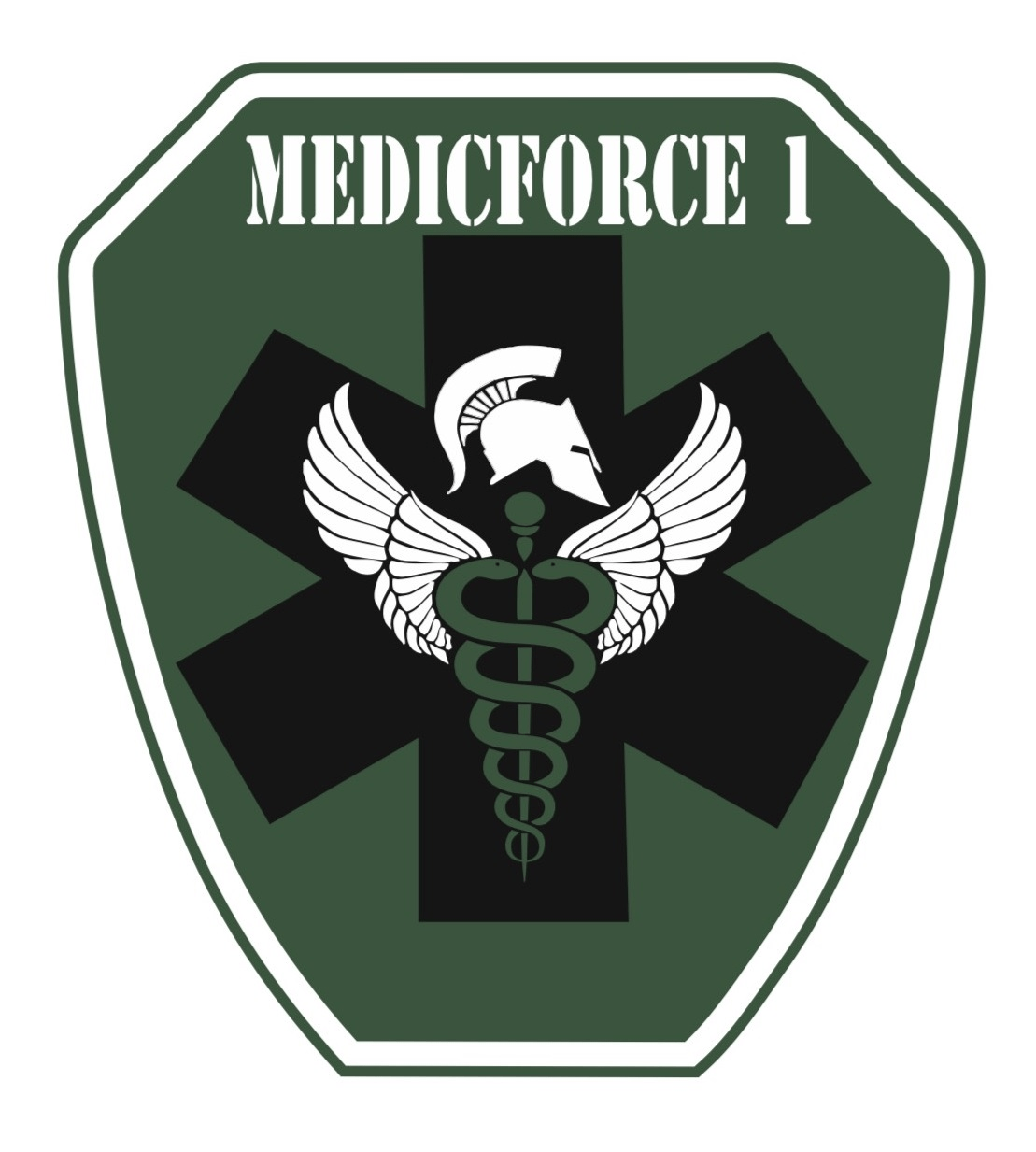-
First Response Emergency Care
This regulated and nationally recognised prehospital care qualification is ideal for those seeking a career in the emergency services, ambulance service, the event and security medical sector or those who work in high risk workplaces.
Over a 5 day period, learners will gain the knowledge, skills and competencies needed to deal with a range of prehospital care emergencies, such as managing a patient's airway, catastrophic bleeding, management of fractures, medical emergencies and more.
Endorsed by The Faculty of Pre-Hospital Care - The Royal College of Surgeons Edinburgh, and fulfilling the competencies set out in the PHEM skills framework at descriptor level D, this fantastic qualification is perfect for a range of roles in emergency care, such as Events Medical Responder, Emergency Care Support Worker and more.
What's more, the QA Level 3 Certificate in First Response Emergency Care (RQF) also forms part of a progressive suite of prehospital care qualifications that lead to the QA Level 6 Diploma in Paramedic Practice (RQF).
What's covered
- Roles and responsibilities of a first responder
- Medical emergencies
- Patient assessment
- Airway management
- Adult, child and infant CPR and AED usage
- Return of spontaneous circulation (ROSC) procedures
- Emergency oxygen
- Traumatic injuries
- Catastrophic bleeding
- Shock
- Poisoning and intoxicating substances
- External and internal bleeding
- Helmet removal
- Neck, spine and pelvis immobilisation
- Environmental exposure
- Burns and scalds
- Minor injuries
- Incident reporting
35 hour course
118 contextualised learning
Certificate valid for 3 years
-
First Person On Scene (FPOSi) Intermediate
The new Level 3 Award in First Person on Scene (RQF) is an up to date qualification underpinned by current practice.
It provides learners with the knowledge and life saving skills to assess, manage and treat a patient in a trauma and / or medical emergency and to stabilise the patient for up to forty minutes before the ambulance or pre-hospital care providers arrive.
First Person on Scene (FPOS) training course is now accepted by Emergency Services and the SIA as a base clinical qualification. The course is suitable for beginners who wish to develop and learn emergency response skills and those who wish to enhance their current skills.
5 days (35 guided learning hours)
-
Medicine in Hostile Environments
This is a hands-on practical 3 day course for personnel working or exploring in hostile environments, foreign theatres on land or at sea.
We have military and pre-hospital care teams who have all had operational experience of working within this area.
This practical course will update your own existing medical skills and will teach you the latest techniques to deal with the serious injuries, ballistic and blast trauma and enhance your knowledge.
Haemorrhage (bleeding) from ballistic/blast trauma cuases 90% of deaths. Immediate, effective haemorrhage control is vital, followed by patient packaging and pain control, to reduce morbidity.
You will learn the principles of trauma management, triage, scene management, advanced haemostatic techniques (how to stop bleeding), how to give injections and the use of intravenous and intraosseous (via bone) fluids.
You will learn how to treat and package a severely injured casualty for onward transport to definitive care or to sustain life whilst help comes to you.
Whatevere your assignment in a wild or dangerous place, you will feel satisfied that you are prepared for the worst.
This couse also includes lessons on survival in remote areas (SIRA) for you and any casualties.
-
Immediate Life Support
The QA Level 4 Award in Immediate Life Support (RQF) is a regulated and nationally recognised qualification that has been specifically designed for those who have a responsibility at work, or in a community or voluntary activities to provide emergency care to patients, such as medical providers, emergency ambulance personnel, registered healthcare professionals and those working in specialist roles within the emergency services and military.
Successful candidates will develop their knowledge and skills in providing immediate life saving support to patients in cardirespiratory arrest or experiencing life-threatening illness or injury.
Topics include airway management, ILS procedures, ILS treatment algorithms, modifications required during cardiac arrest, end of life care and more.
What's covered
- Scene management
- Methods and procedures needed to assess and manage an incident
- Managing a patient with life-threatening or non-life threatening illness or injury
- Post incident procedures
- Airway management
- Immediate life support procedures
(Return of Spontaneous Circulation RoSC, patient handovers)
- Modifications required during cardiac arrest
(third trimester pregnancy, neck stoma)
- Immediate life support treatment algorithm
- End of life care
- Using the National Early Warning System (NEWS)
1 day course
Certificate valid for 1 year




